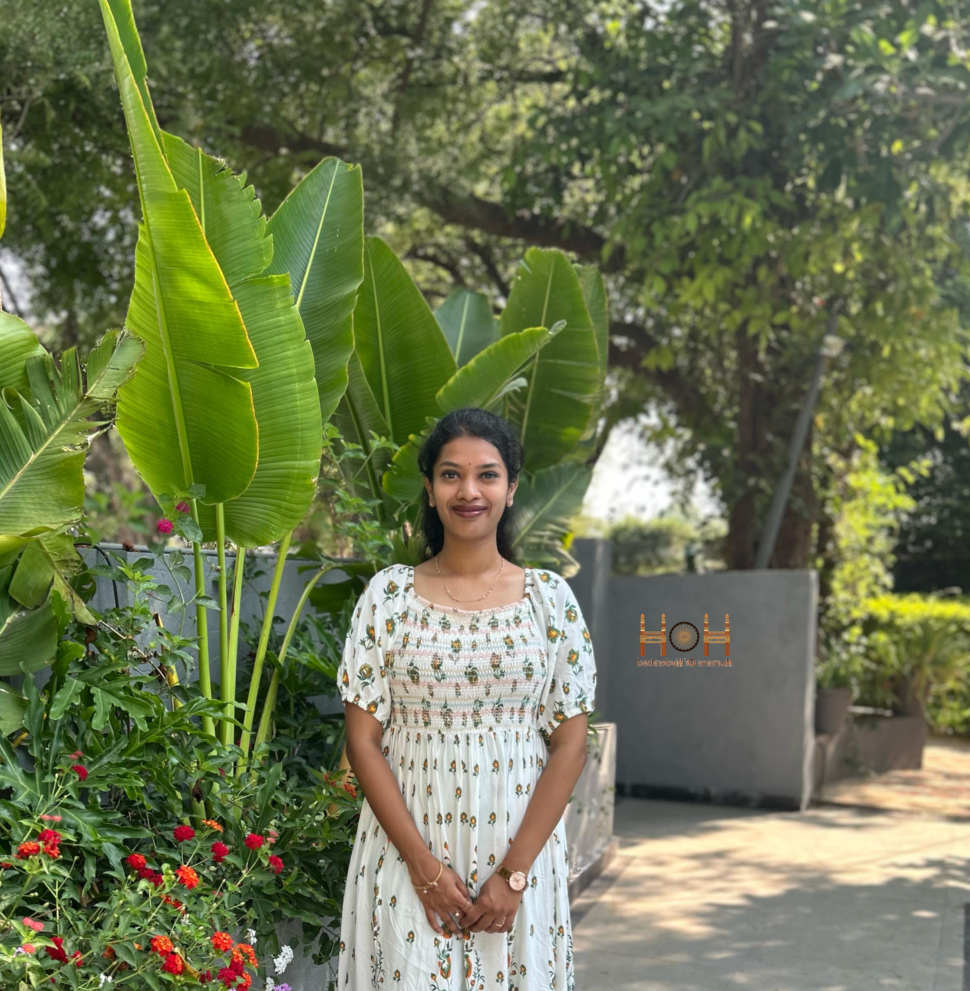“I was born and raised in Yellareddy, a small town in Nizamabad district, Telangana. Growing up, village life and nature shaped my childhood. My father worked in the Panchayat Raj Department, and his job transfers took us to different places, including Hyderabad. The city’s diversity fascinated me, but my roots remained in my village—the farms, the friendships, and the simple joys of rural life.
When I was 12, my father was transferred to Hyderabad, and we moved there. Leaving behind my village wasn’t easy, but I slowly adapted to city life. I was always curious about people—how they thought, behaved, and reacted. That curiosity deepened when I attended a seminar in 12th grade, where the speaker explained how two people could experience the same event yet perceive it differently. That concept intrigued me. Even at home, I noticed how my parents interpreted situations in their own ways. That’s when I knew I wanted to study psychology.
Since my school didn’t offer psychology, I took commerce, initially considering UPSC with psychology as an optional subject. But my interest kept growing, and I decided to pursue a bachelor’s degree in psychology at St. Ann’s College for Women in Hyderabad. Some relatives questioned my choice—“What will you do with psychology?” “Is it even a career?”—but my father stood by me. “Do what you want,” he said. “I’ll handle the rest.”
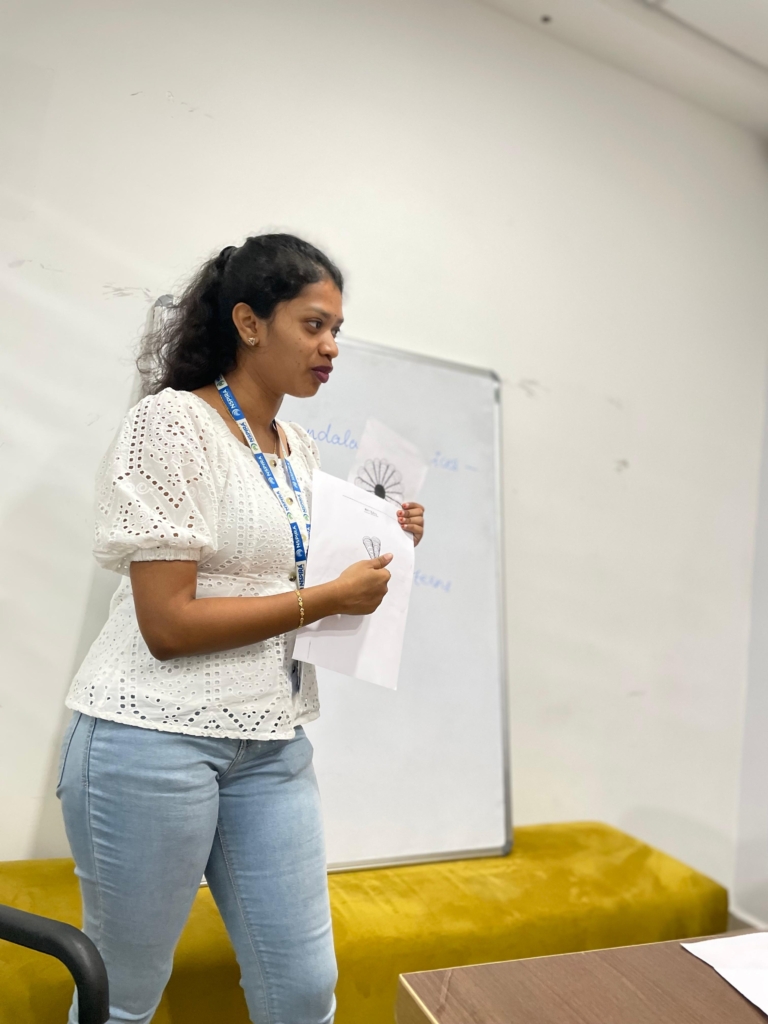
During my bachelor’s, I interned in child psychology and research. I learned how childhood experiences shape a person’s development. My internship at the Centre for Human Security Studies helped me understand that psychology isn’t just about emotions—it also involves research methodology, data analysis, and behavioural patterns. Through case studies and experiments, we develop effective treatment strategies.
I pursued a Master’s in Clinical Psychology at Jain University in Bangalore. Clinical Psychology focuses on understanding, diagnosing, and treating mental health conditions like anxiety, depression, OCD, and schizophrenia. Unlike psychiatry, which involves medication, clinical psychology emphasises therapy—structured, evidence-based methods that help individuals manage their struggles. Bangalore was a new experience, but I made an effort to learn Kannada, and people appreciated it. I spent weekends in Cubbon Park, talking to strangers and listening to their stories. Those conversations reaffirmed why I had chosen this field.
After my master’s, I returned to Hyderabad and joined Cadabams Psychiatry Hospital. Working alongside psychiatrists and clinical psychologists, I handled cases of schizophrenia, OCD, bipolar disorder, major depression, and substance abuse.
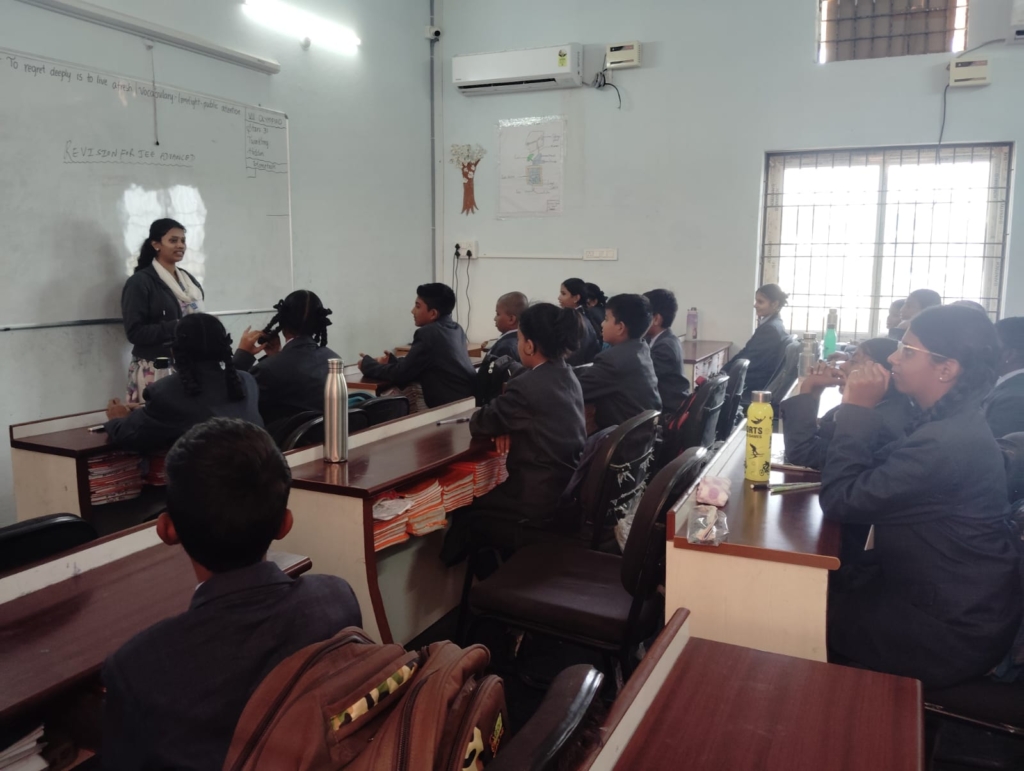
Later, I transitioned to student counselling at a reputed educational organisation. Many assume students don’t need mental health support, but academic pressure, family expectations, and self-doubt weigh heavily on them. I conduct workshops on stress management and self-care, and in some sessions, students break down, saying no one has ever truly listened to them before. But I do. And that makes a difference.
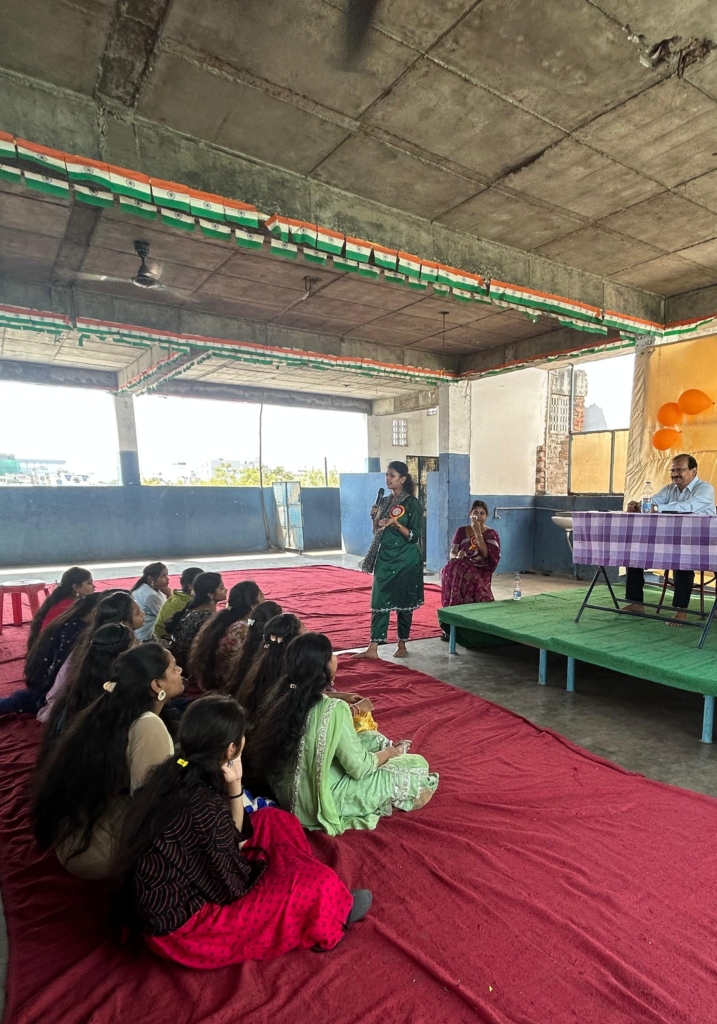
Beyond counselling, I’m involved with Advanced Psychological Services of India. We recently conducted a program to help 10th-grade students manage exam stress, equipping them with practical coping strategies.
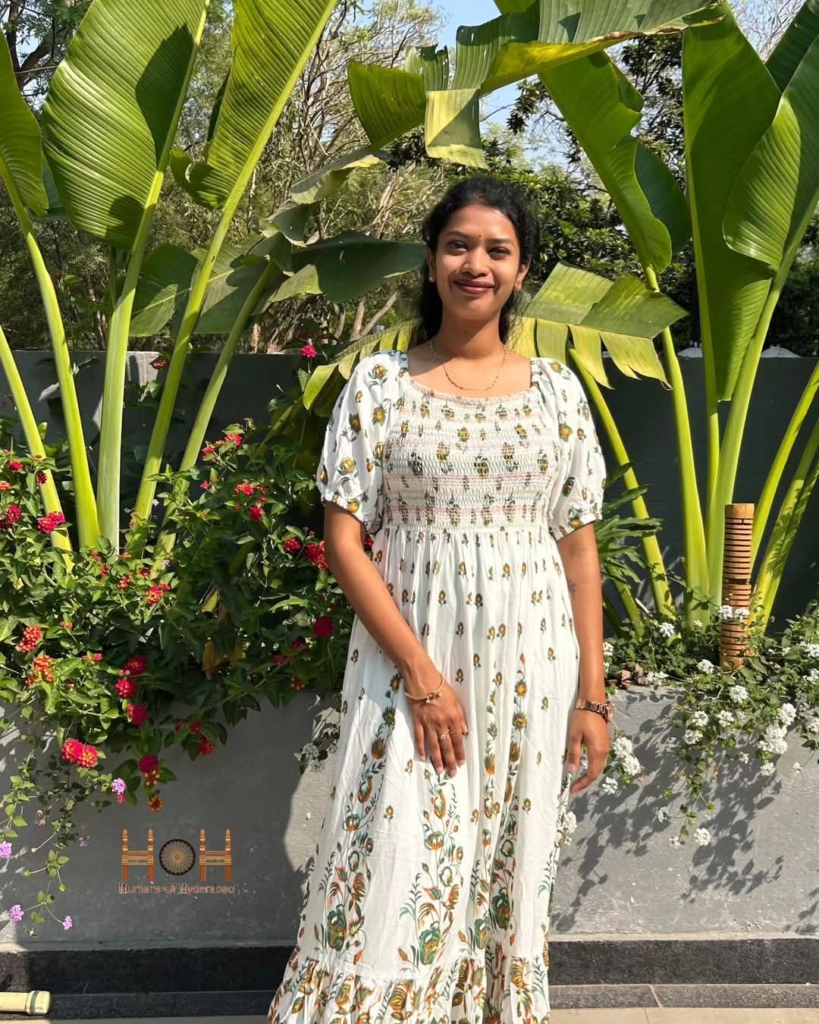
I’m also working on my own mental health platform—it’s in the building phase. The goal is to offer counselling, therapy, workshops, self-care kits, and psychological assessments. Mental health isn’t just about disorders; it’s about relationships, self-awareness, and everyday struggles. The country needs stronger mental health awareness, and I want to be part of that change. If things go well, we’ll expand beyond Hyderabad too.
For the past seven and a half years, Psychology has shaped how I see the world. Professionally, it’s been two years—two years of listening to people, understanding their fears, their hopes, their struggles.
Alongside my work, I also turn to art. I’m a mandala artist, and drawing and painting give me a way to express thoughts that don’t always fit into words. Travel is another space where I find clarity. I’ve visited different parts of the country and a few international places. Each journey offers something new—a moment to step outside the constant flow of emotions and responsibilities that come with this field.
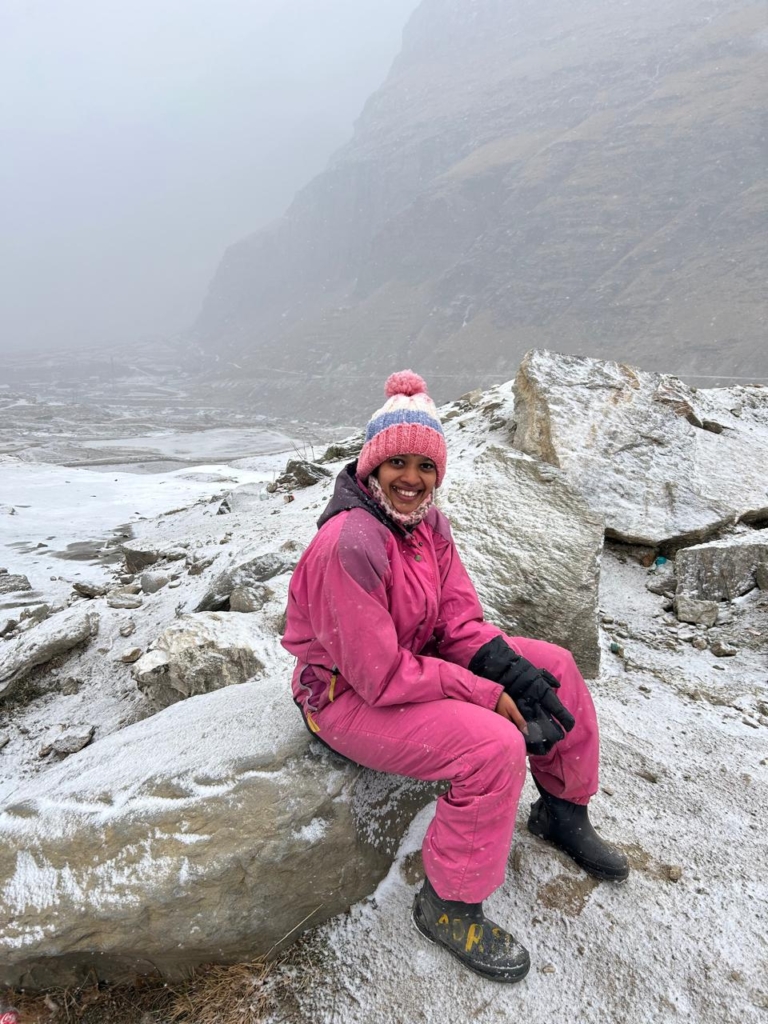
There’s still stigma around therapy. But things are changing. Government programs like Tele MANAS have made mental health support more accessible, and more platforms are coming up. Help is available—it’s just about reaching out.
At the end of the day, being a psychologist isn’t about big words or complex theories. It’s about listening, understanding, and holding space for people when they need it the most. Sometimes, all it takes is someone to say, “I hear you.” And if I can be that person, then I know I’m doing something right.”
— Vaishnavi Kailasa, Counselling Psychologist
